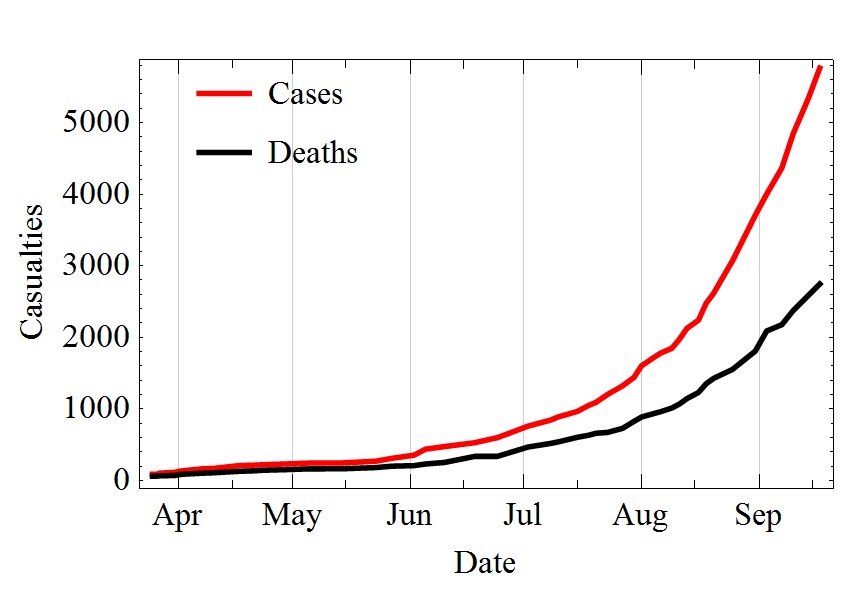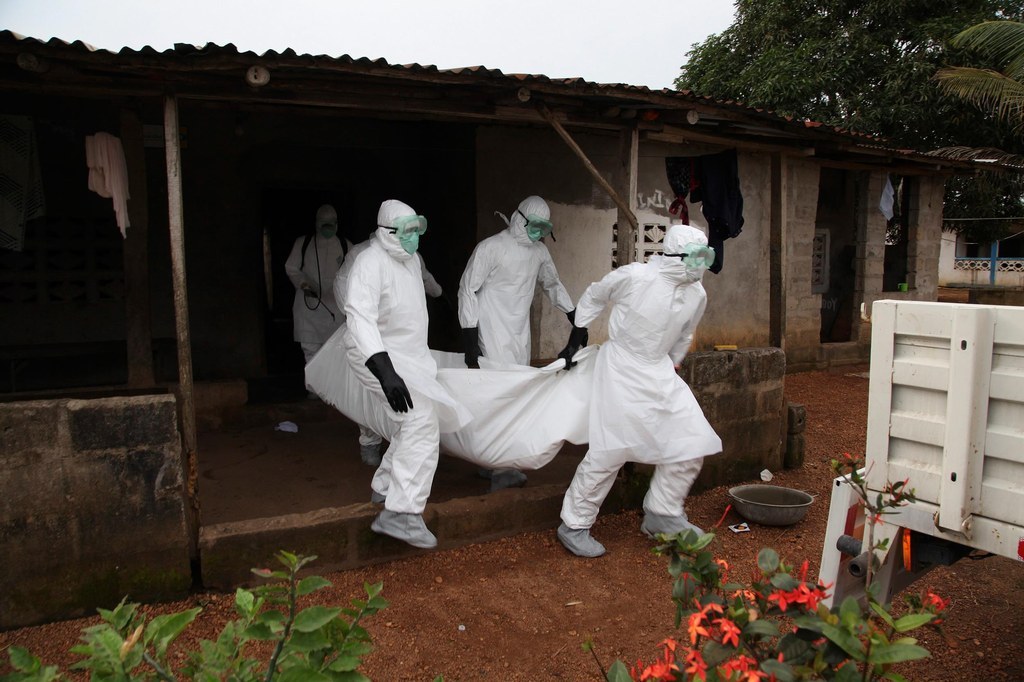In West Africa, the countries of Liberia, Sierra Leone, and Guinea have been ravaged by the Ebola virus. The situation is so dire that, at the current growth rate, as many as 20,000 people may fall victim to this horrific virus by November of 2014.

The effects of Ebola are terrifying and frightening. Spread by bodily fluids, symptoms include fever, severe headaches, muscle pain, weakness, diarrhea, vomiting, hemorrhaging, and more. If that's not bad enough, the average fatality rate of this "plague-like" virus is around 50%.

So, some of you may be thinking that it's simple: there's a virus in the area, a person is sick, so you take them to the hospital, and then they're treated. Well, it's not that simple in this situation. Last week, eight members of a health care team in Guinea were killed by villagers after trying to raise awareness about the virus. With locals being fearful of government assistance, villagers accusing workers of spreading the disease and others stating that the virus does not exist; the means of treating the virus become obstructed.

Without an adequate and effective health care system, the situation in West Africa was just a recipe for disaster from the beginning. With distrust among the people, lack of resources, and a lack of containment of the virus, a global response is necessary to combat this deadly disease.
On September 16, the White House released their plan for combating the virus in West Africa. These efforts include sending 3,000 U.S. forces to the region, sending more medical supplies and tools, and also sending more money to hard-struck areas. While the US has released its plan, many countries including, China, India, France, Brazil, Russia and more have announced their plans too. European nations have pledged money upwards of $180 million and have sent aid supplies to hard-hit areas. With many doctors and nurses from around the world in areas devastated by the virus, their help will be critical in stopping the epidemic.

While many nations fight Ebola, international organizations have also been engaged in the response. Organizations like the UN, the World Health Organization, Doctors without Borders, the World Food Program, and the World Bank Group have been instrumental in providing resources and coordinating efforts to fight Ebola. Foundations are also participating, including the Bill & Melinda Gates, which has pledged $50 million to combat the virus.
With these hard-struck nations overwhelmed by the swarm of patients, an international effort remains the only viable solution to this virus. If the global community does not come together, then the rate of patients with Ebola will augment so much that nothing will be able to stop the outbreak. It takes a community of nations and organizations to tackle problems that we cannot handle ourselves. We have seen how these individual nations could not cope with this intractable outbreak.

With a global response, the tools and resources needed to combat this disease are copious and readily available. The collaboration of nations working on this epidemic proves to be indispensable. Unilateralism might work in some instances, but multilateralism will be the only true solution in the fight against Ebola.

